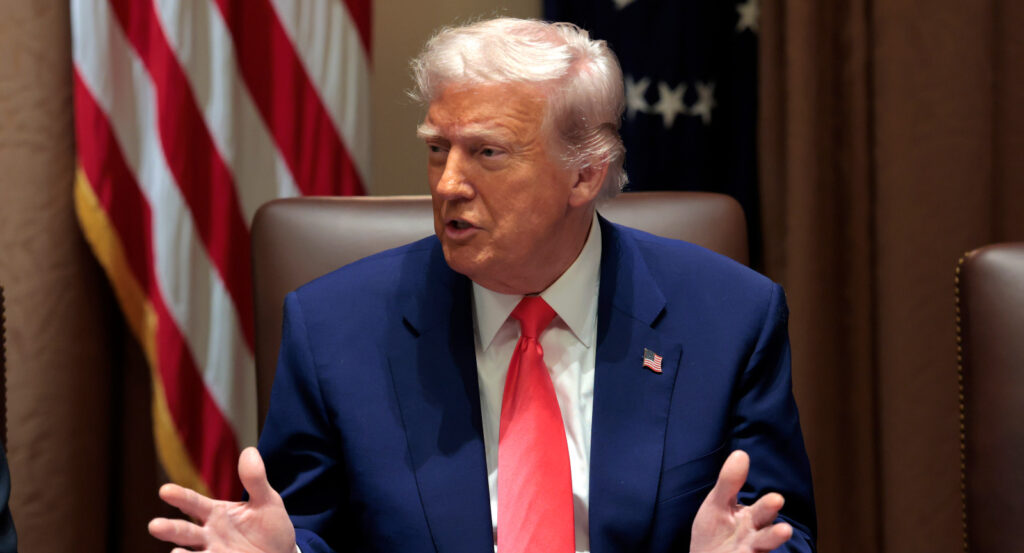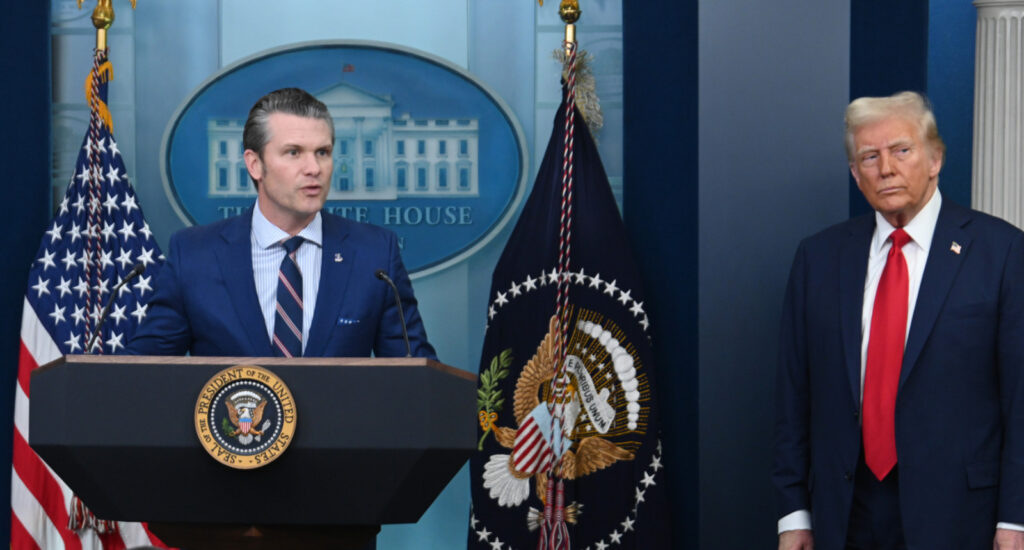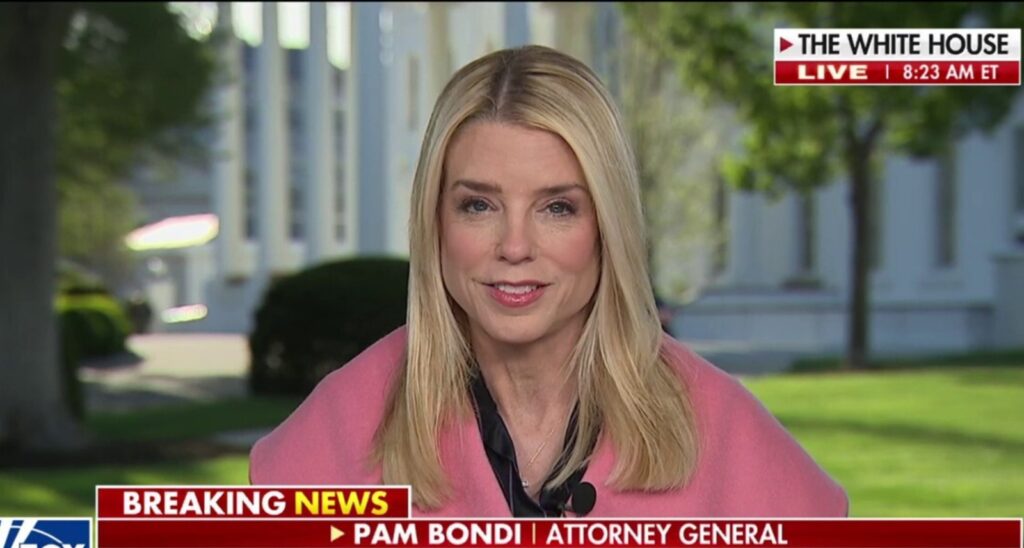The Trump administration on Monday invoked the “state secrets privilege” and declined to provide a federal judge with further details regarding the deportation of Venezuelan migrants to El Salvador under an 18th-century wartime law—an increasingly contentious case amid rising tensions with the judiciary.
The move comes as Chief Judge James Boasberg considers whether the administration defied his order to halt deportation flights carrying migrants accused of gang affiliations, citing a lack of due process.
Boasberg has requested specifics about when the planes landed and who was on board, but the Trump administration argues that disclosing such information would compromise “diplomatic and national security concerns.”
Also Monday, government attorneys urged an appeals court to overturn Judge James Boasberg’s order and allow deportations of Venezuelan migrants to resume—an appeal that appeared to split the panel of judges, The Associated Press reported.
During arguments before the U.S. Court of Appeals for the D.C. Circuit, Judge Patricia Millett remarked that even Nazis detained in the U.S. during World War II received better legal treatment than the Venezuelan migrants recently deported to El Salvador under the same statute.
“We certainly dispute the Nazi analogy,” responded Justice Department attorney Drew Ensign.
The administration has already deported hundreds of Venezuelan migrants to El Salvador, marking the first time the Alien Enemies Act has been invoked since World War II.
The Trump administration appealed after Boasberg blocked deportations and ordered Venezuelan immigrants to return to the U.S. But the administration argued the planes were already in international airspace at the time.
The Act allows noncitizens to be deported without appearing before an immigration or federal court judge. Trump issued a proclamation designating the Tren de Aragua gang as an invading force and a terrorist organization.
Ensign argued that Boasberg’s ruling was an “unprecedented and enormous intrusion upon the powers of the Executive Branch.”
“The president has to comply with the Constitution and the laws like anyone else,” said MiIlett.
Judge Justin Walker, who was nominated by Trump in 2020, appeared to be more open to the administration’s arguments based on his line of questioning. Walker highlighted the government’s claim that the plaintiffs should have filed their lawsuit in Texas, where the immigrants were detained.
“You could have filed the exact same complaint you filed here in Texas district court,” Walker told American Civil Liberties Union attorney Lee Gelernt.
“We have no idea if everyone is in Texas,” Gelernt said.
Attorney and Fox News legal analyst Gregg Jarrett noted in a column posted online last week that a previous Supreme Court ruling found that not only is the Act constitutional, but that federal courts have no authority to intervene when a president invokes it.
“The AEA permits a president to order the arrest and removal without a court hearing of ‘alien enemies’ whenever there is a declared war or any ‘predatory incursion’ perpetrated, attempted or threatened against the United States,” Jarrett wrote.
“A predatory incursion is broadly defined as entry into the U.S. for purposes that are contrary to the nation’s interests or laws. The language gives a president broad latitude in his core duty to protect the safety and security of the citizenry,” he noted further, adding:
In 1948, the U.S. Supreme Court upheld Truman’s use of the AEA and ruled that the law itself was constitutional (Ludecke v. Watkins, 33 US 160). Importantly, the high court stated that a president’s decision under the Act “precludes judicial review of the removal order.” In other words, a judge cannot second-guess the president. The court explained, “The very nature of the President’s power to order the removal of all enemy aliens rejects the notion that courts may pass judgment upon the exercise of his discretion.”
The Supreme Court’s ruling embraced what is called the “political question doctrine.” That is, the federal courts may not intervene in presidential decision-making that is inherently political in nature, such as the conduct of foreign affairs and national security. By analogy, we do not permit judges to halt drone strikes or shut down intelligence operations.





